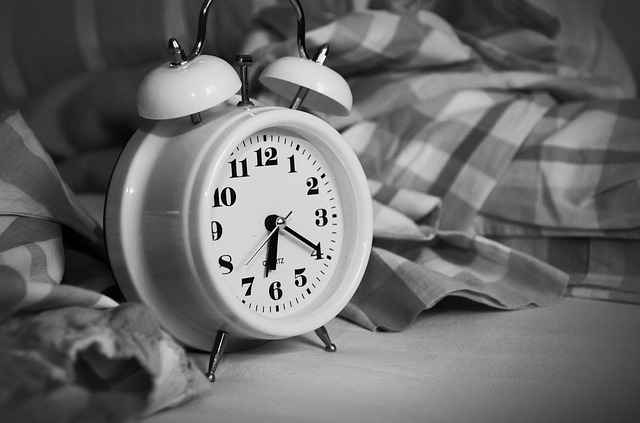Sleep is a wonderful thing when you can get it – just ask any parent of a newborn and they’ll tell you how much they miss it. It’s funny how many parallels there are between the very young and the very old, including the parallels in changes in sleep cycle. For our loved ones living with memory loss managing sleep changes can be difficult, but there’s plenty that we can do to help.
Alzheimer’s and dementia bring about a plethora of changes to the brain. Like the changes to memory and behavior, sleep is often affected. You may notice your loved one waking up more often in the middle of the night, and then staying awake longer. Their sleep cycles become interrupted more easily than individuals with a healthy brain. Whereas we may wake up after a REM cycle, look at the clock, and fall back asleep, someone living with memory loss may wake up, look at the clock, become confused, start thinking about where they are, etc. Suddenly they’ve spent the last 30 minutes wide awake in bed at 2:00 AM, they’re frustrated, and they’ve lost more sleep than they needed to.
According to the Alzheimer’s Association, some individuals in the late stages of Alzheimer’s spend an estimated 40% of their time in bed at night awake, and a significant part of their daytime napping. Great disturbances to the day-night cycle only serve to worsen this situation. Other medical factors may come into play as well. If your loved one has a condition like sleep apnea, restless legs syndrome, or fibromyalgia they may be experiencing compounded sleep loss because of these factors.
There is hope, though! Understanding the individual situation for every person is key to finding the treatment that will work for them. Some common-sense non-drug treatment options can include:
Regularity – our body responds well to routine. Setting a consistent time for waking up with the sun, getting dressed, eating meals, etc. helps the chemicals in our body that regulate our circadian rhythm function more efficiently.
Practice Good Habits – Exercising before bed releases endorphins that allow our muscles to heal and promote a feeling of restfulness. Another good habit to practice is avoiding alcohol before bed (even a nightcap). While alcohol may rest the mind and body initially, the sleep we get is far more shallow than normal, and people will often wake up in the middle of the night to use the restroom or get a glass of water, thus interrupting the sleep cycle more than aiding it.
Comfort & Safety – if your loved one has a headache and needs a Tylenol before going to bed, do it! Sleep should be as restful and pain-free as possible. It should also be safe. Like the safety protocols we mentioned during our blog on wandering last month, take the time to provide night lights and any other security items that your loved one may need for their situation.
If the non-drug treatments don’t work, there is hope in medications, but those should be discussed with your physician and care team. At Heartwood Homes memory care is all we do! Our team is well-versed in sleep disorders surrounding memory loss, and we take the time with all of our residents to learn exactly what they need to get the best sleep that they can. If you have concerns with the sleep your loved one is getting, or you see it getting progressively worse, contact us today. We’re here to help!

